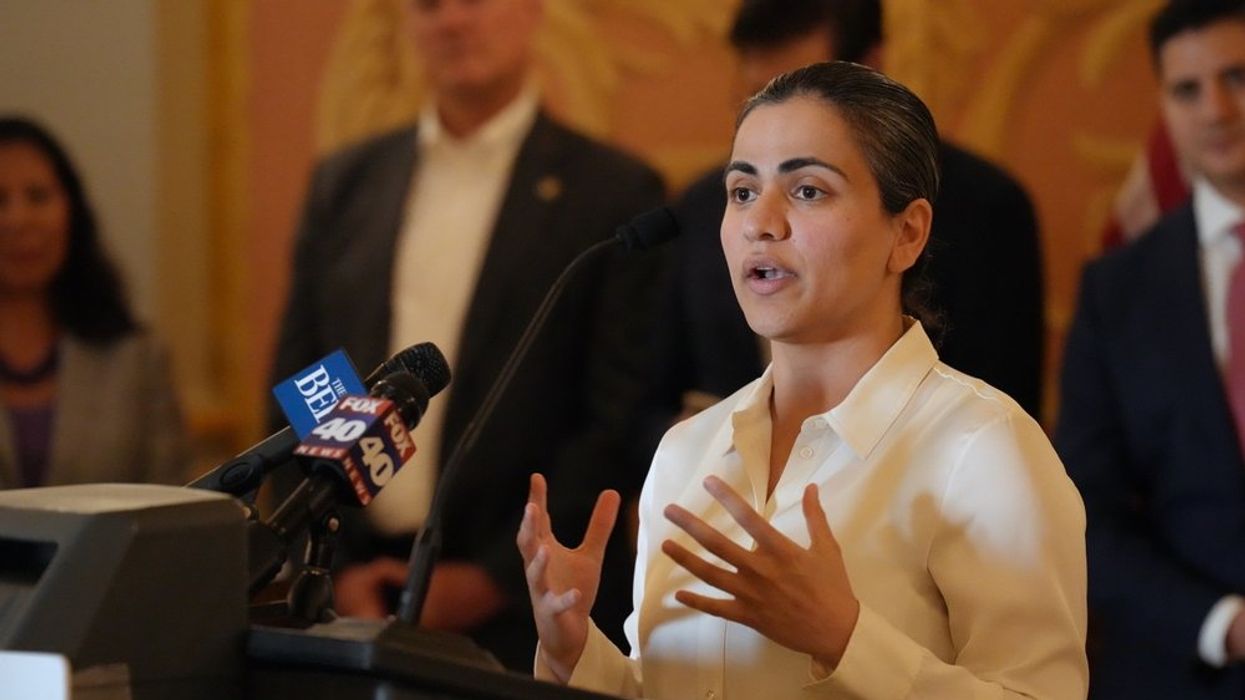California legislators have approved a first-of-its-kind bill that would outlaw discrimination based on caste.
The caste system originates in ancient India and Hinduism, but the contemporary caste system developed throughout centuries of Muslim and British rule, and it can be found in almost all South Asian countries today. The caste places people in rigid social categories at birth. Those in the lowest category — many of whom self-identify as Dalits — can face slurs and violence.
Caste discrimination was legally outlawed in India in 1948, but the process has been slow within the United States, where South Asians comprise one of the fastest growing immigrant groups, according to the Pew Research Center.
Now headed to Governor Gavin Newsom's desk, the California bill will protect those of South Asian descent and ensure fairness in employment and housing opportunities. While discrimination based on sex, race, and religion is already banned at both the state and federal levels, Senate Bill 403 takes it a step further by outlawing discrimination based on medical conditions, genetic information, sexual orientation, immigration status, and ancestry.
The bill was introduced by Democratic state Senator Aisha Wahab in March, who said on the floor ahead of the vote: “This bill is very simple. It is to protect all people against caste discrimination, regardless of caste: upper caste, lower caste, it does not matter," according to CalMatters.
Seattle became the first U.S. city to ban discrimination based on caste in February, and several higher education institutions have also made caste a protected status, including Brown University, the California State University system, Colby College, and Brandeis University. With the passing of California's bill, the state will become the first in the country to outlaw caste discrimination.
"This is a win rooted in years of Dalit feminist organizing, and we are just getting started in making the state safe for our entire caste-oppressed community," Thenmozhi Soundararajan, executive director of the Dalit advocacy organization Equality Labs, said in a statement. "We know that we have a long journey ahead of us with this bill, but we have made history with this vote."


















































